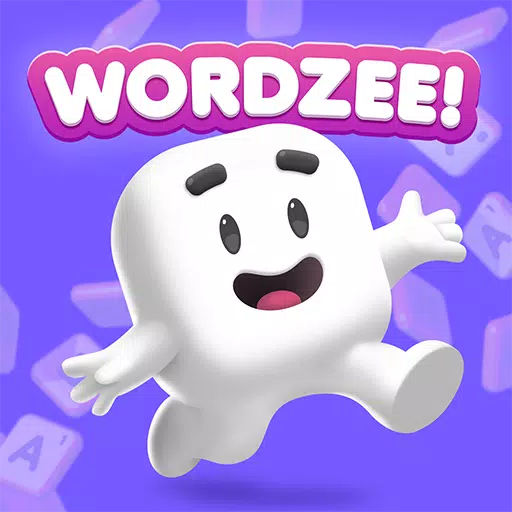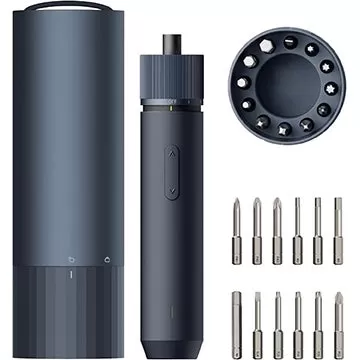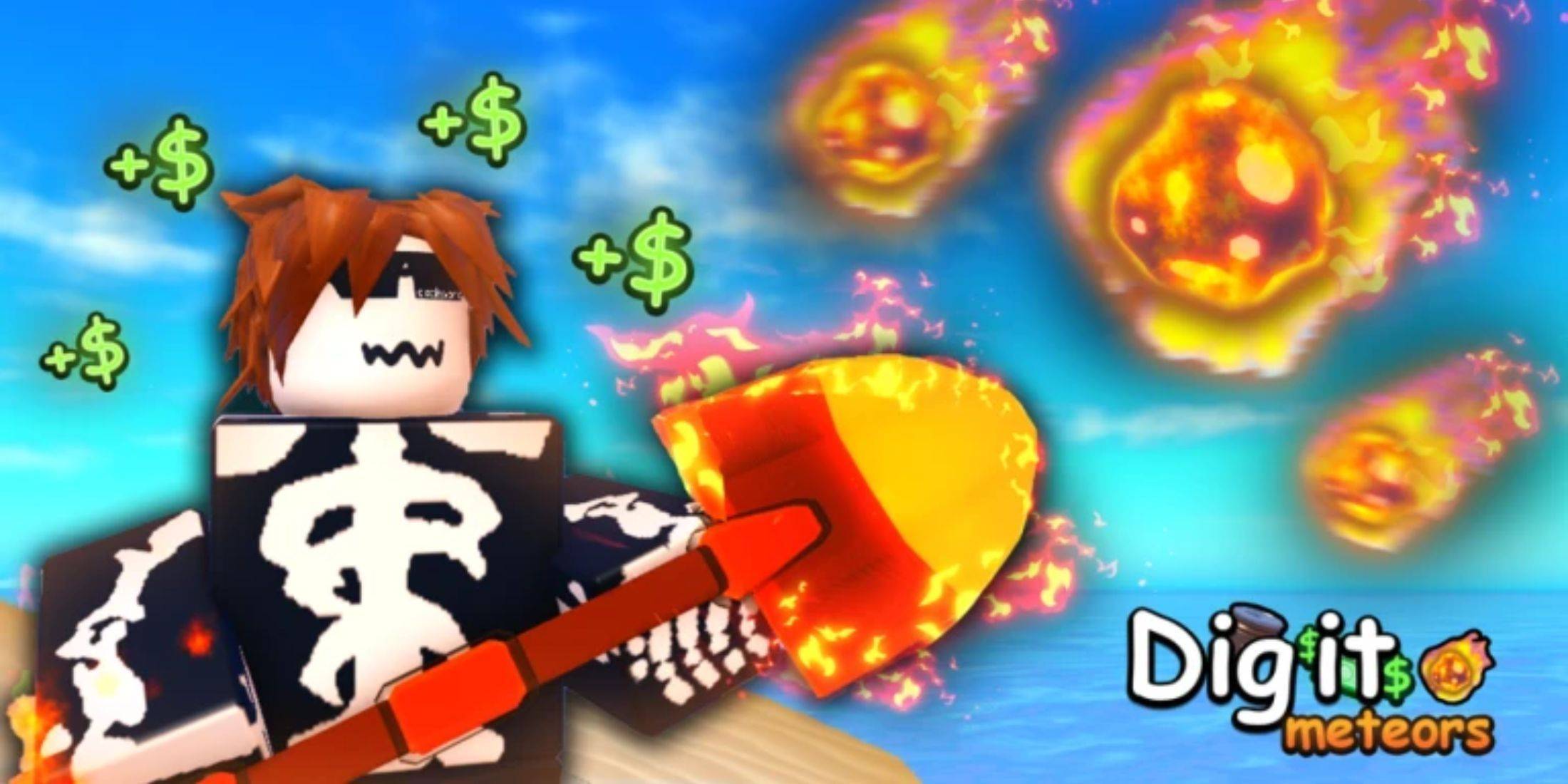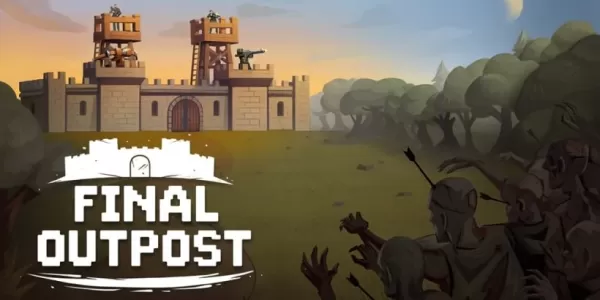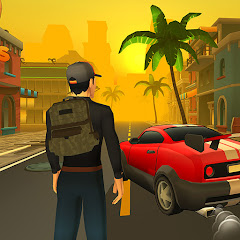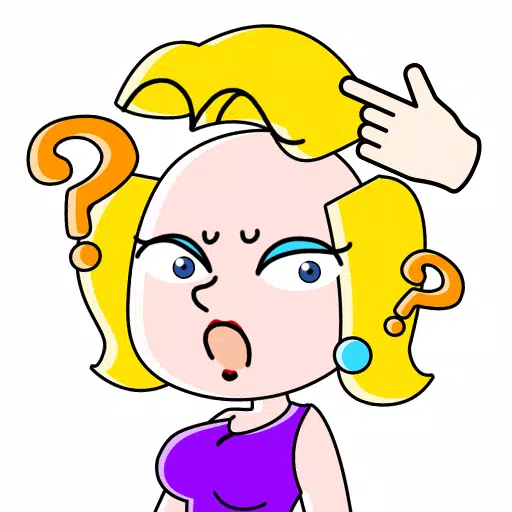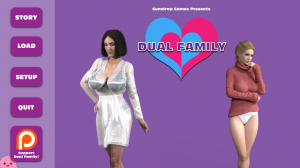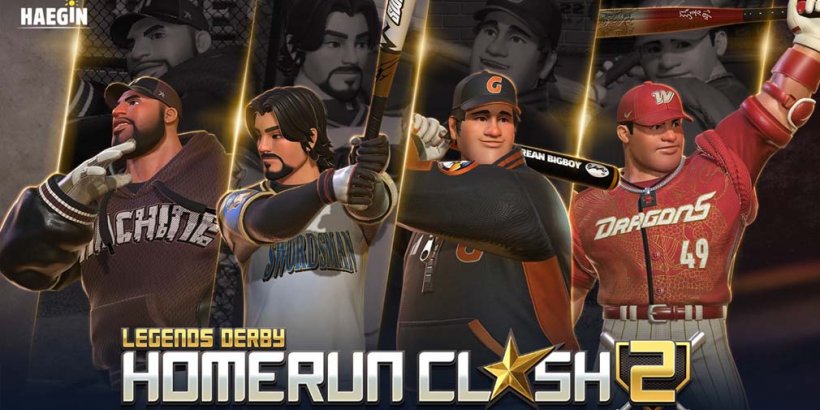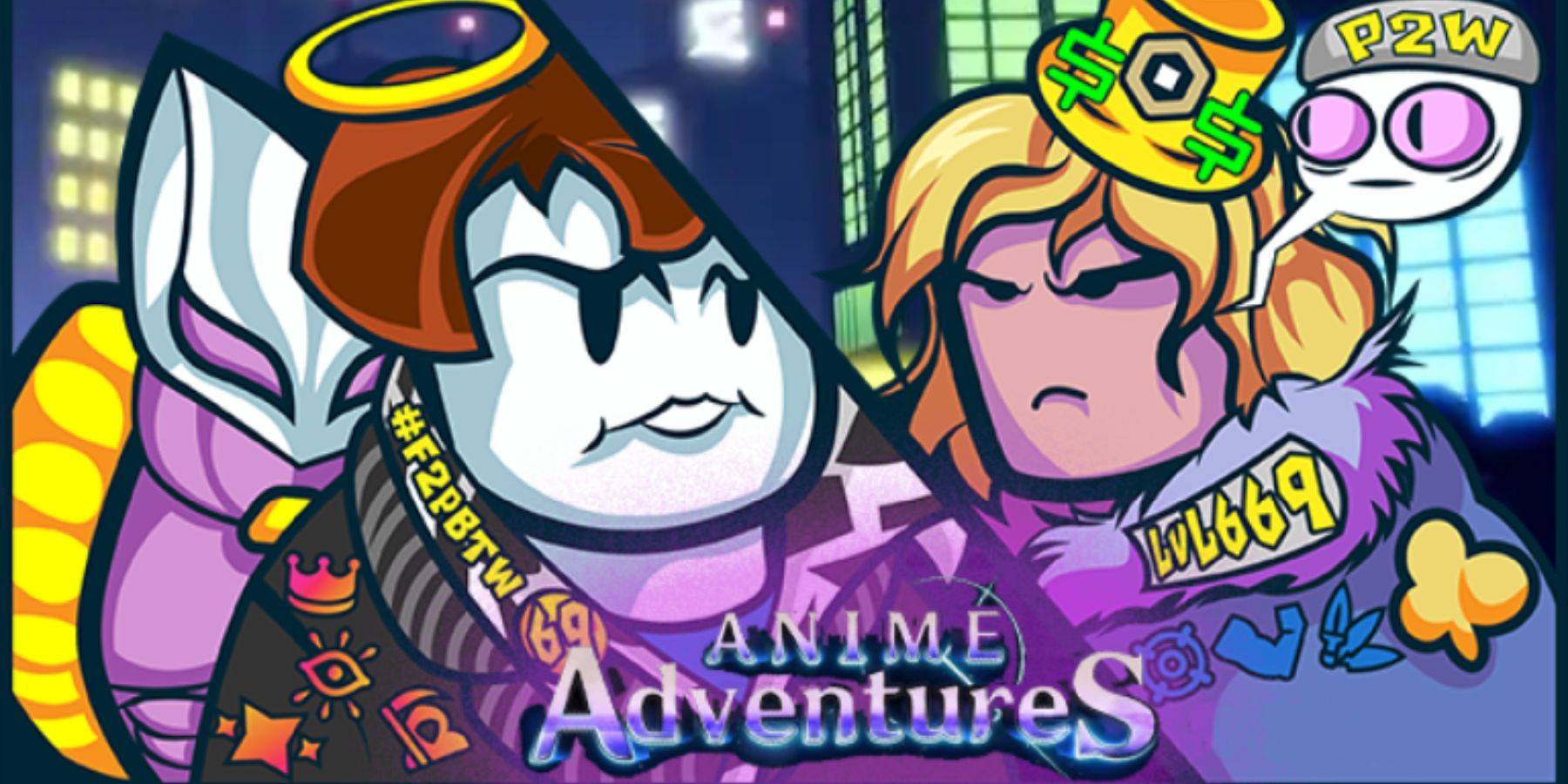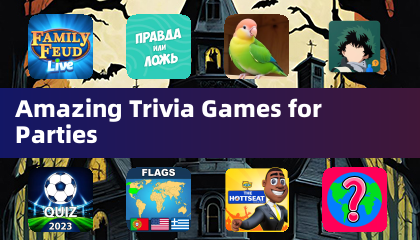Resident Evil Tabletop Thrill Ride: Game Guide Deluxe
Steamforged Games has brought several popular video game franchises to the tabletop, including Monster Hunter, Devil May Cry, Sea of Thieves, Gears of War, and the upcoming Elden Ring adaptation. This article focuses on their Resident Evil board game trilogy: Resident Evil, Resident Evil 2, and Resident Evil 3.
Released in 2019, 2021, and 2023 respectively, these games share similar mechanics. 1-4 players navigate perilous locations (dark corridors, burning streets, sinister labs) as they recreate the stories of the respective video games. Highly detailed miniatures represent both the terrifying creatures and the heroic survivors.
Featured Games & Expansions:
 ### Resident Evil: The Board Game
### Resident Evil: The Board Game
1See it at Amazon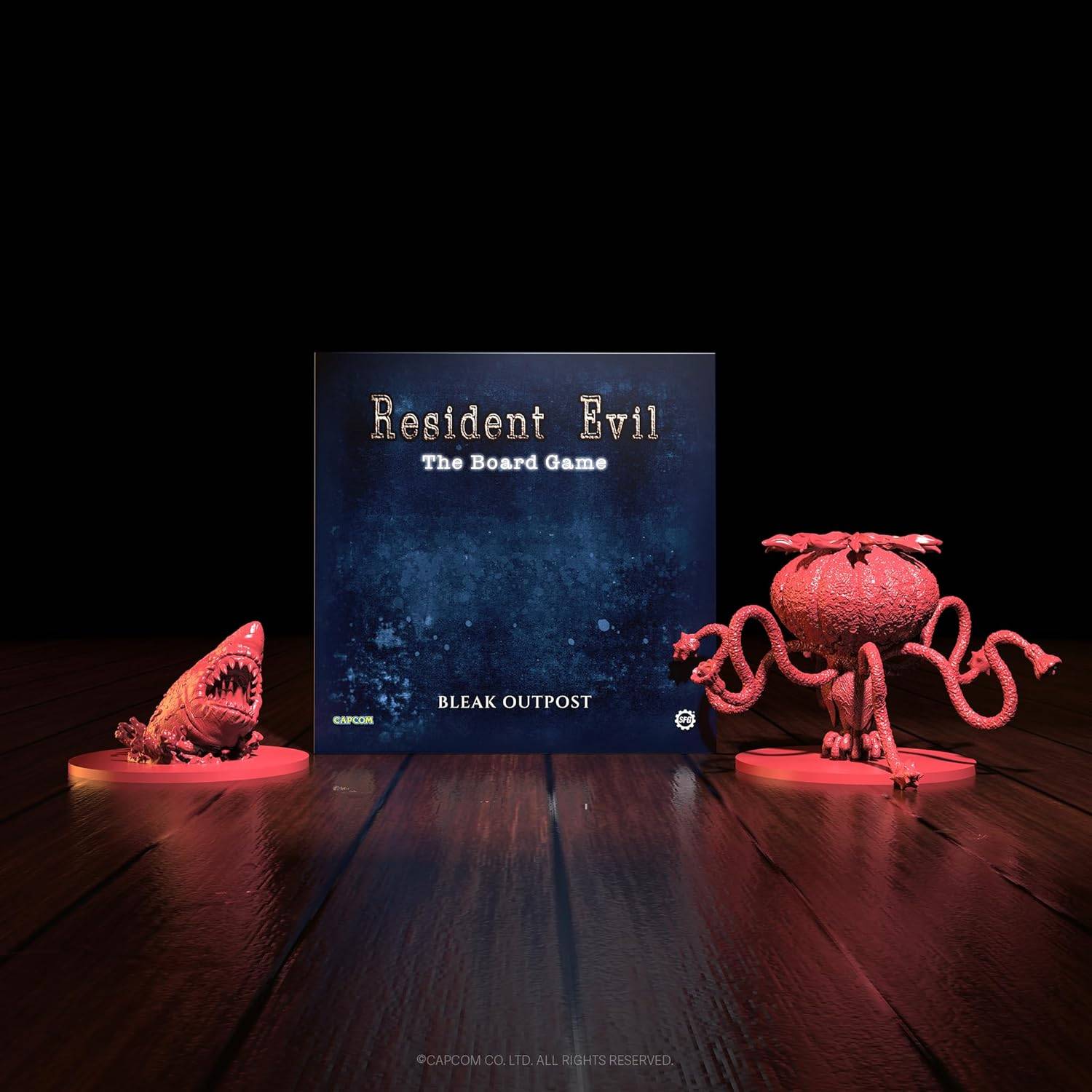 ### Resident Evil: The Bleak Outpost
### Resident Evil: The Bleak Outpost
0See it at Amazon ### Resident Evil 2: The Board Game
### Resident Evil 2: The Board Game
0See it at Amazon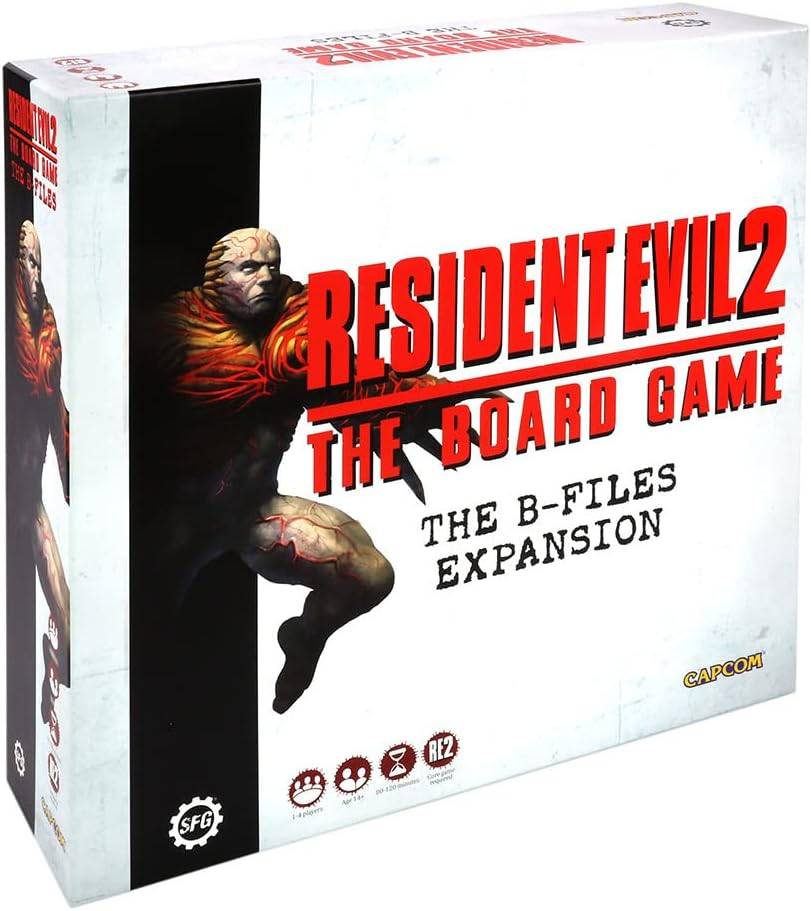 ### Resident Evil 2 The Board Game: B-Files Expansion
### Resident Evil 2 The Board Game: B-Files Expansion
0See it at Amazon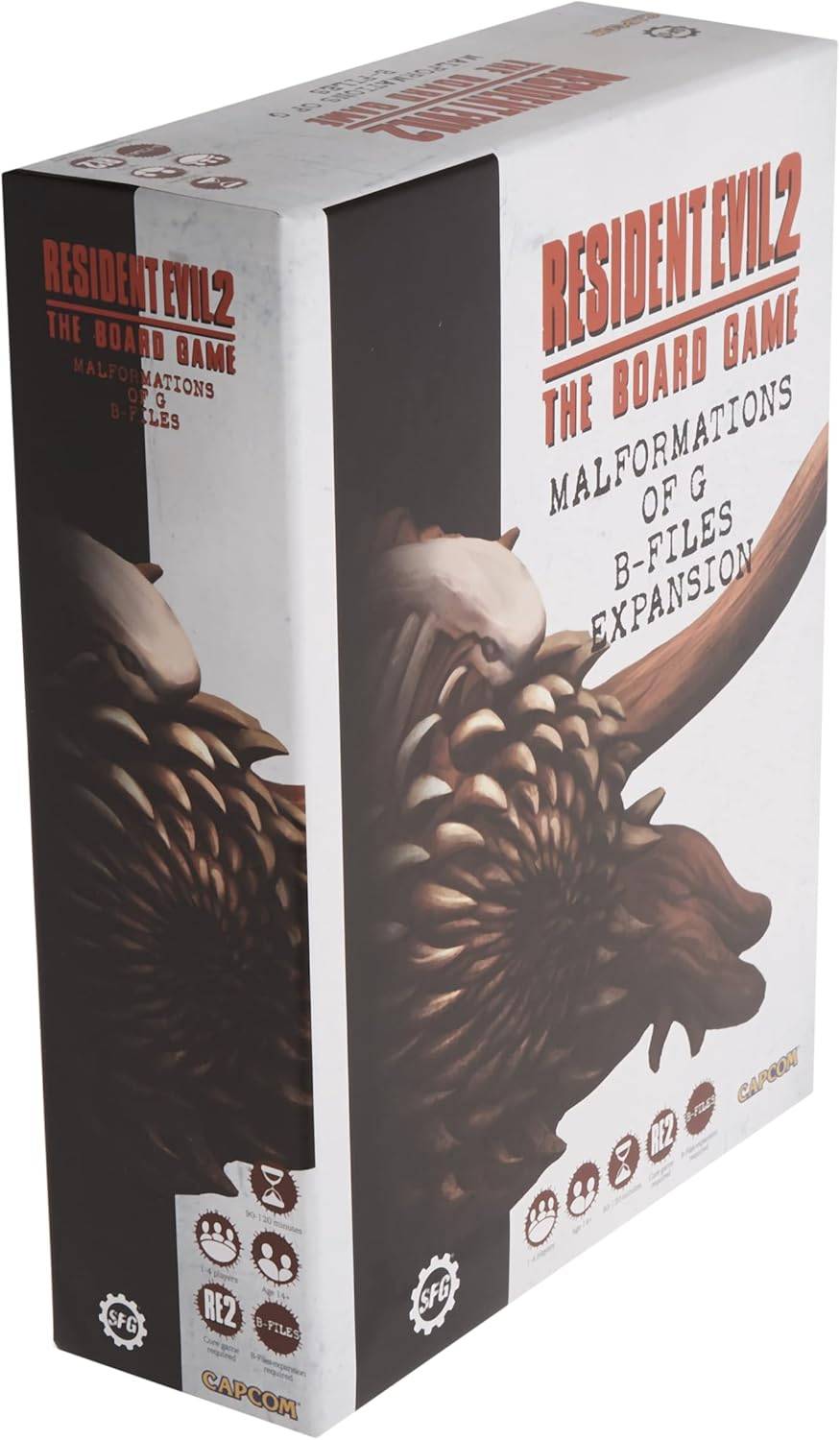 ### Resident Evil 2: The Board Game - Malformations of G B-Files Expansion
### Resident Evil 2: The Board Game - Malformations of G B-Files Expansion
0See it at Amazon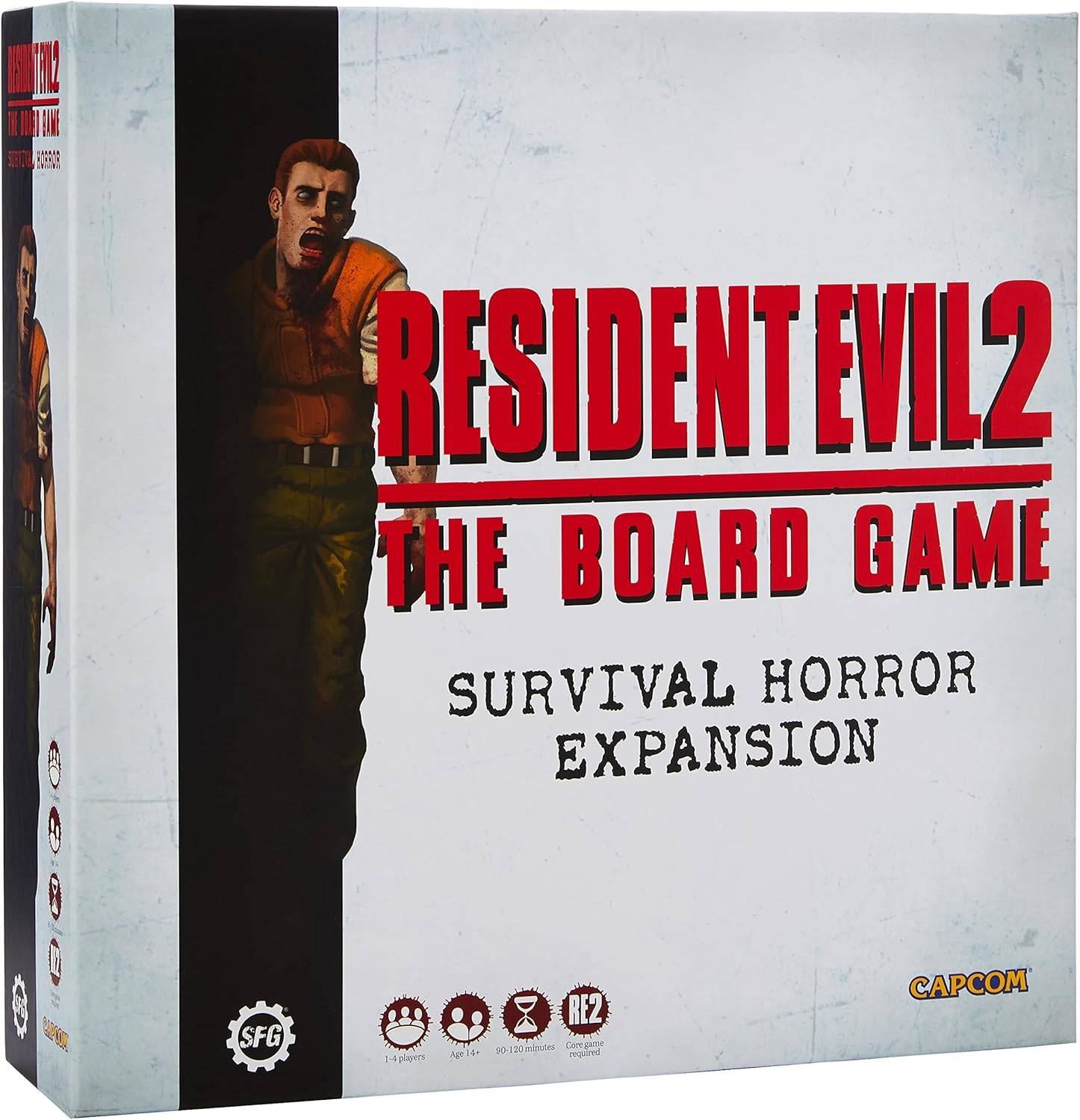 ### Resident Evil 2 The Board Game: Survival Horror Expansion
### Resident Evil 2 The Board Game: Survival Horror Expansion
0See it at Amazon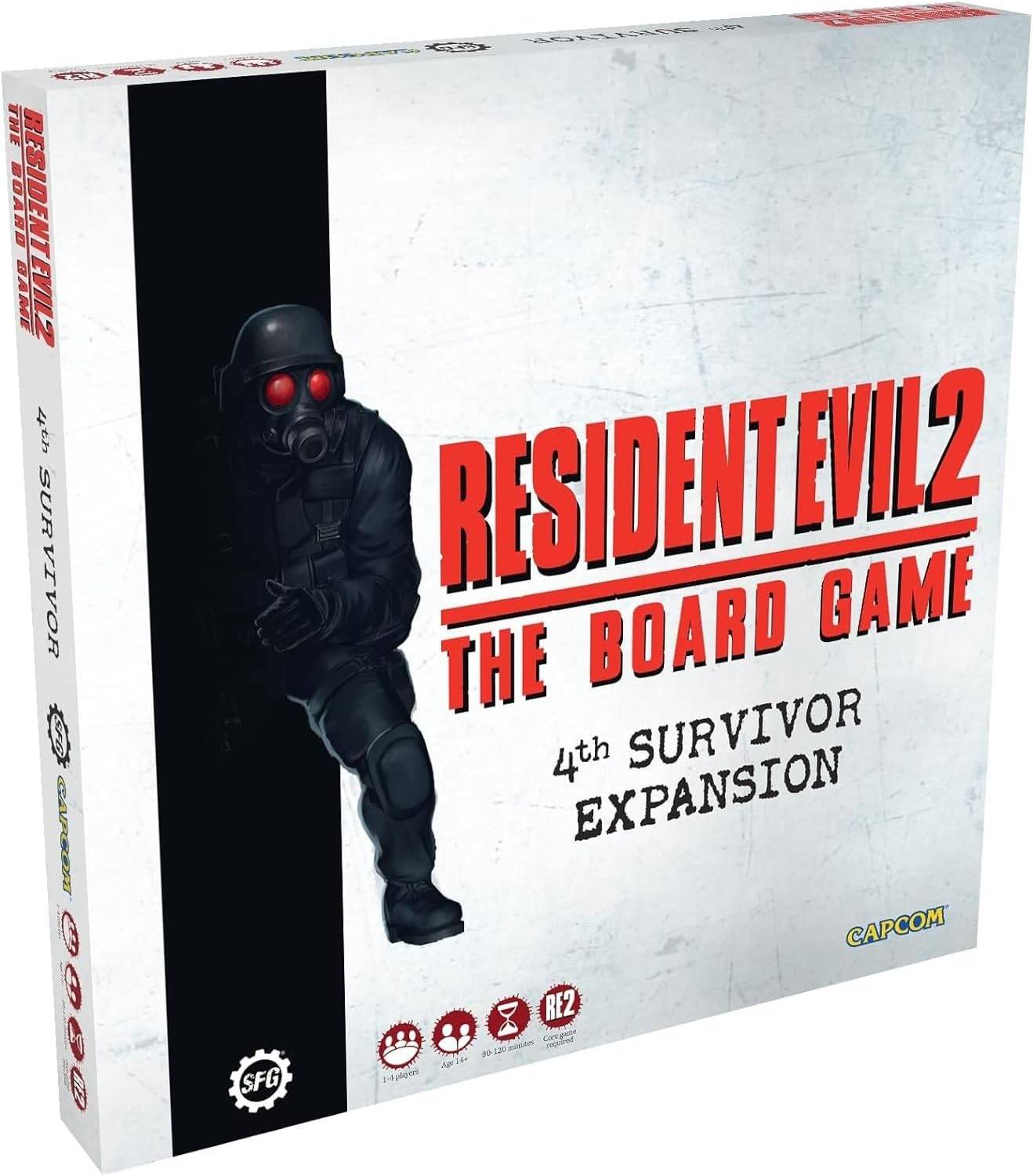 ### Resident Evil 2 The Board Game: - 4th Survivor Expansion
### Resident Evil 2 The Board Game: - 4th Survivor Expansion
0See it at Amazon ### Resident Evil 3: The Board Game
### Resident Evil 3: The Board Game
0See it at Amazon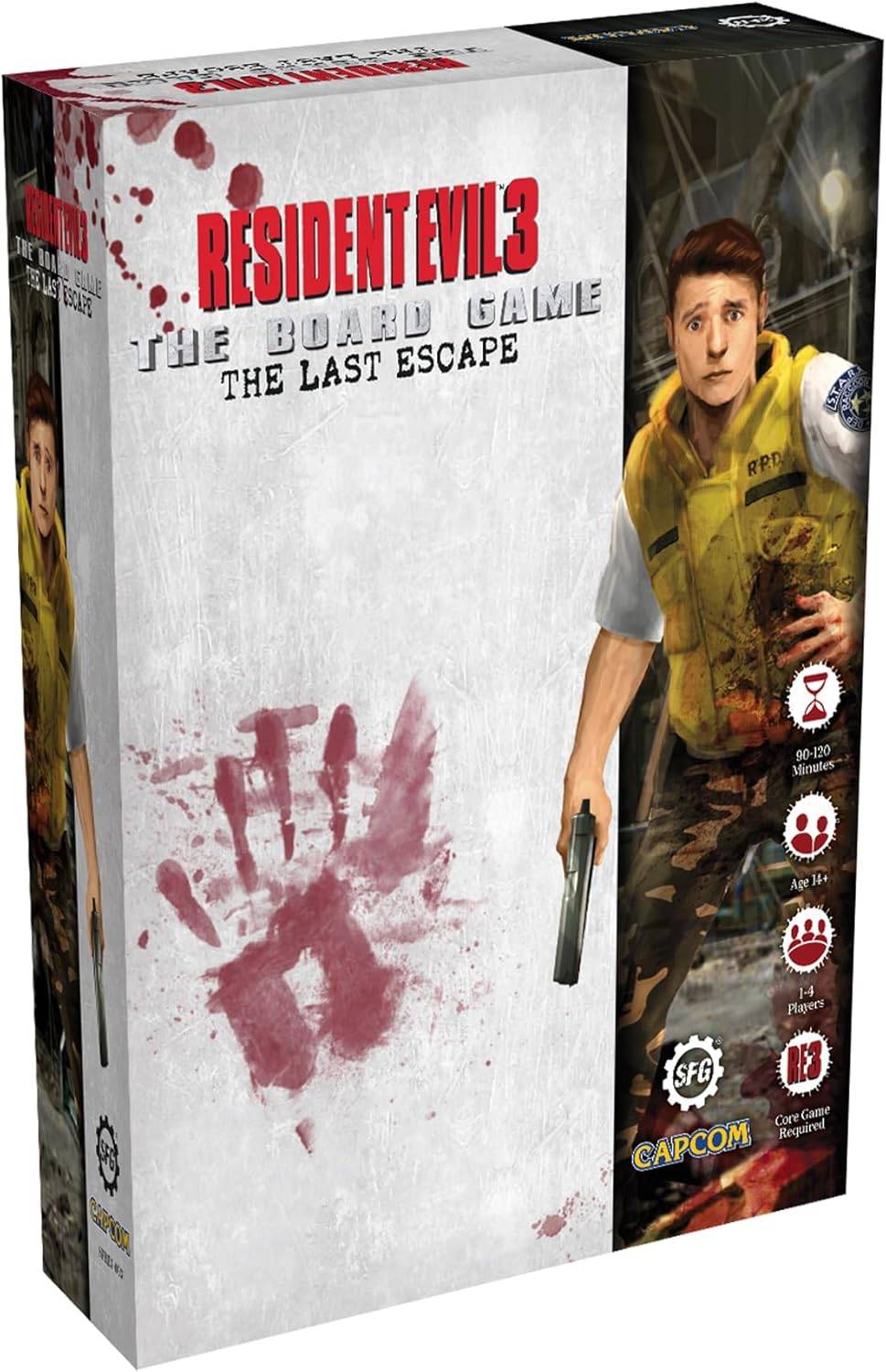 ### Resident Evil 3: The Last Escape Expansion
### Resident Evil 3: The Last Escape Expansion
0See it at Amazon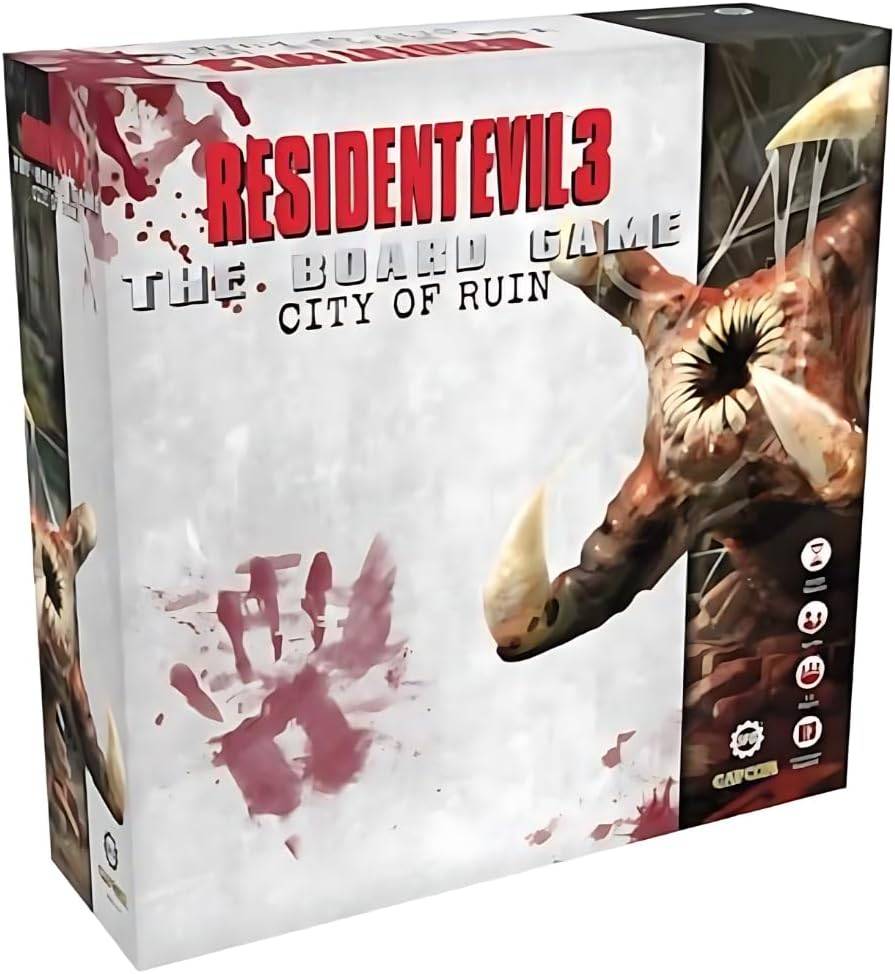 ### Resident Evil 3 The Board Game: City of Ruin Expansion
### Resident Evil 3 The Board Game: City of Ruin Expansion
0See it at Amazon
Gameplay involves three phases per turn: Action, Reaction, and Tension. Players have four actions: move, open/close doors, search, trade, use items, or attack. Enemies react, moving towards or attacking the active player, who rolls dice to evade. The Tension Phase involves drawing cards with varying consequences.
Combat uses dice rolls compared to weapon stats and abilities. Successful attacks may kill, push back, or miss entirely, highlighting the challenge even basic zombies present. Shooting attracts enemies from adjacent rooms (if doors are open), adding strategic depth.
Each game features multiple scenarios playable individually or as a connected campaign. Levels are built using tiles with tokens indicating doors, items, etc. Player inventory, health, and other information carry over between scenarios in campaign mode; one-off games provide starting gear and information. Crossover between games is possible, allowing for character and tile mixing.
Resident Evil: The Board Game
 ### Resident Evil: The Board Game
### Resident Evil: The Board Game
1See it at Amazon
This refined entry improves upon its predecessors, introducing new mechanics. Players explore the Spencer Mansion and surrounding areas as Jill, Chris, Rebecca, or Barry, alongside support characters (Albert Wesker, Enrico Marini, Richard Aiken, Brad Vickers) who can undertake missions. The narrative is flexible, with room access determined by item discovery and puzzle-solving. The use of cards for location building streamlines setup. The persistent threat of standard zombies, whose corpses must be burned with kerosene to prevent reanimation as Red Zombies, adds a new layer of strategic challenge. This is a strong recommendation for those not wanting the entire set.
Resident Evil 2: The Board Game
 ### Resident Evil 2: The Board Game
### Resident Evil 2: The Board Game
0See it at Amazon
The original game in the Steamforged series, Resident Evil 2 takes players through the Raccoon City Police Station and Umbrella Corporation facilities as Leon, Claire, Ada, or Robert. Eight scenarios pit players against Lickers, Zombie Dogs, and Birkin. While fun, it lacks the refinement of later entries, with darker tiles and some assembly issues. The linear campaign progression is a key difference from the later titles.
Resident Evil 3: The Board Game
 ### Resident Evil 3: The Board Game
### Resident Evil 3: The Board Game
0See it at Amazon
Resident Evil 3 offers a more open-ended campaign than its predecessor, allowing for varied exploration of Raccoon City as Jill, Carlos, Mikhail, or Nikolai. The city's deterioration increases the difficulty, influenced by player actions. The Danger Tracker mechanic reflects escalating threats, and the Narrative deck adds replayability. While the game components are generally high-quality, the scenario map is less impressive than other elements. This is a good starting point for those preferring a less linear experience.
The expansions for each game add new scenarios, characters, enemies, items, and game modes, significantly extending the replayability and offering diverse gameplay experiences.






